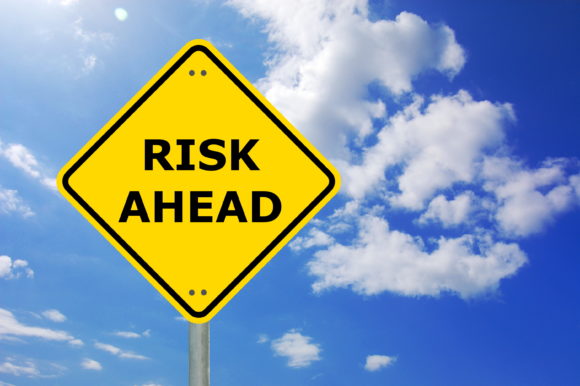Lloyd’s, the insurance and reinsurance marketplace, is launching “Futureset,” a new global platform and community dedicated to driving greater societal and economic resilience to the world’s most challenging risks.
The global platform has been developed to respond to the large and complex challenges of systemic risks such as the COVID-19 pandemic and climate change, said Lloyd’s, noting that the pandemic has highlighted gaps in the knowledge, understanding and mitigation of systemic and “black swan” risks with potential impacts that are materializing and evolving at a rapid pace.
These risks have highlighted the urgent need to begin a conversation with customers, insurers and government, which Futureset aims to achieve by bringing together diverse perspectives, along with cutting-edge risk insight, intelligence and cross-industry dialogue on the most complex and fast-changing risks faced by communities, businesses and countries. The focus of the platform is to help build greater societal understanding and collaboration to find solutions and support greater preparedness, protection and resilience to the growing and interconnected risks that customers face, continued the statement from Lloyd’s.
Throughout 2021, Futureset will explore lessons learned from the COVID-19 pandemic as well as examine the growing and global risks brought about by climate change. Established as an openly accessible platform, Futureset will convene global experts and partner with world class research organizations, creating new and pioneering insights to drive sustainable solutions to current and future threats around the world.
Futureset launches with a six-part Systemic Risk Masterclass series, developed in partnership with the Chartered Insurance Institute (CII) and Lloyd’s Market Association (LMA). The masterclass series will bring together experts across industry, academia and government to help insurance and risk professionals develop their knowledge and expertise in systemic risk.
The first Masterclass takes place on Feb. 10, with John Neal, CEO of Lloyd’s, leading an interactive panel discussion focused on how governments and the insurance industry can partner more effectively to protect society and the economy against systemic risks. Panellists include John Doyle, president and CEO of Marsh, Paula Jarzabkowski, professor of Strategic Management at the University of London’s Business School, and Patrick Sterling, RIMS vice president and senior director of Legendary People and Risk at Texas Roadhouse.
As part of Futureset, later this month Lloyd’s will also be launching “An Expert’s Take,” a video series hosted by Anne McElvoy from The Economist. The video series will bring together industry leaders from a variety of sectors to explore the specific challenges associated with systemic risk. Upcoming guests will include Robert Hannigan, a leading authority on cyber security and former director of the UK’s Government Communications Headquarters, or GCHQ, and Ann Pettifor, political economist and author of “The Case for the Green New Deal.”
“The COVID-19 pandemic has shown that a hypothetical systemic risk, is never far from becoming a reality and that we must do everything we can to prepare and mitigate against the worst impacts of the constantly changing and challenging risk landscape,” commented John Neal, CEO of Lloyd’s.
“As the world turns to recovery, Lloyd’s has a unique position and opportunity to bring together communities, businesses, insurers and governments to find solutions to those risks that threaten our shared future,” he added. “The launch of Futureset sets in concrete our commitment to be a catalyst for action, and in doing so empowering innovation, economic growth and human progress around the world.”
Source: Lloyd’s
Topics Excess Surplus Lloyd's
Was this article valuable?
Here are more articles you may enjoy.



 Portugal Deadly Floods Force Evacuations, Collapse Main Highway
Portugal Deadly Floods Force Evacuations, Collapse Main Highway  Insurify Starts App With ChatGPT to Allow Consumers to Shop for Insurance
Insurify Starts App With ChatGPT to Allow Consumers to Shop for Insurance  Florida Engineers: Winds Under 110 mph Simply Do Not Damage Concrete Tiles
Florida Engineers: Winds Under 110 mph Simply Do Not Damage Concrete Tiles  US Appeals Court Rejects Challenge to Trump’s Efforts to Ban DEI
US Appeals Court Rejects Challenge to Trump’s Efforts to Ban DEI 

